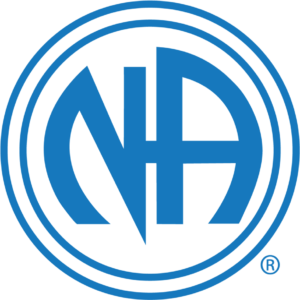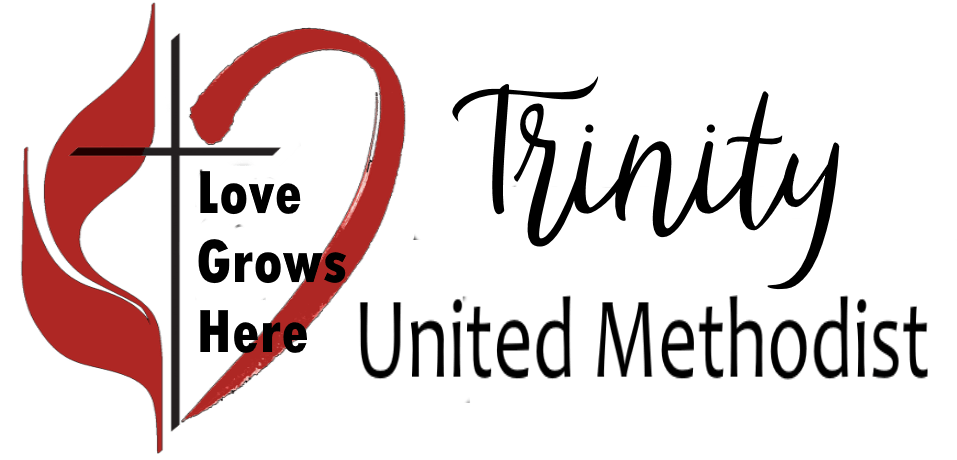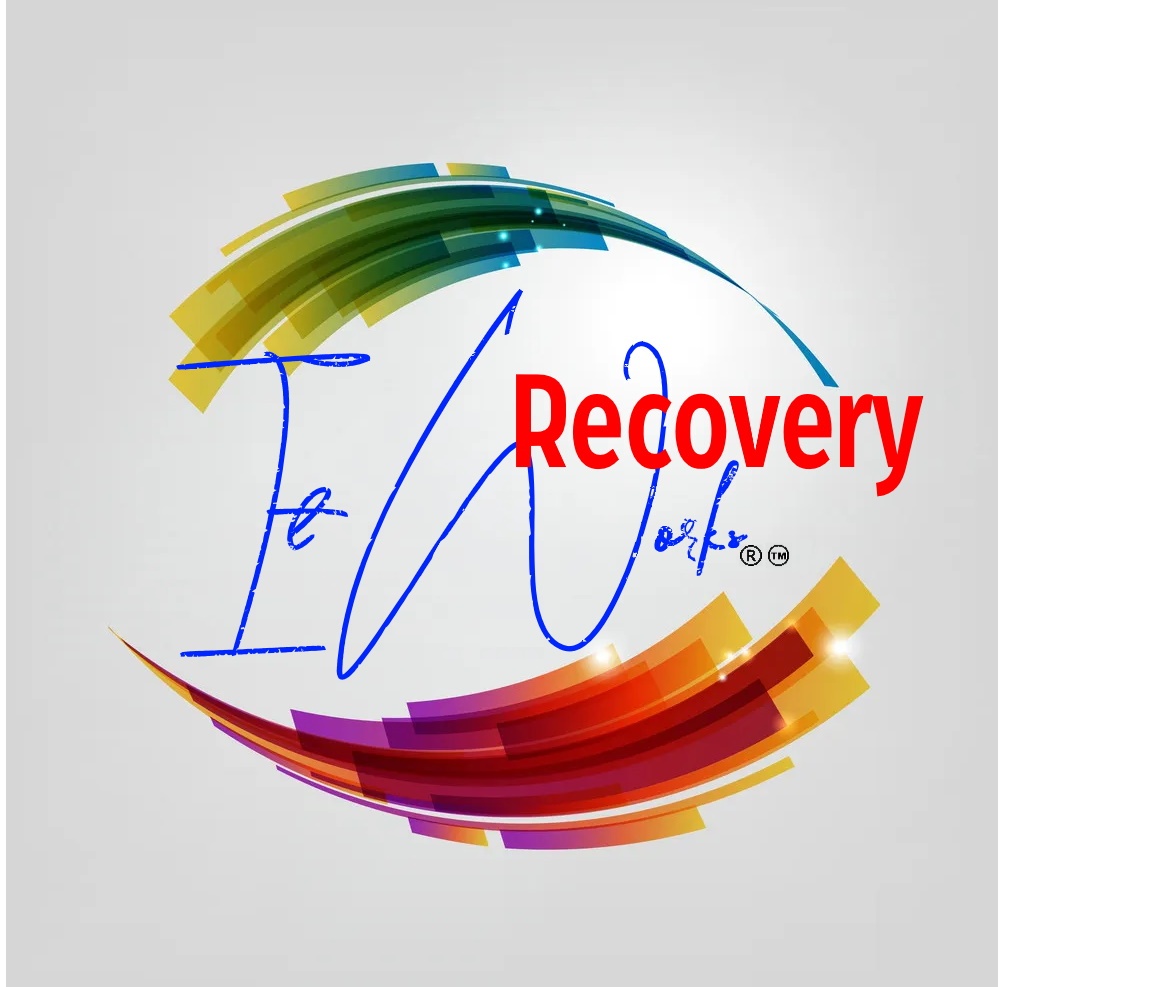
What Are the Twelve Steps of Recovery?
The Twelve Steps are a set of guiding principles in addiction treatment that outline a course of action for tackling problems including alcoholism, drug addiction and compulsion.
Step 1: We admitted we were powerless over our addiction—that our lives had become unmanageable.
Step 2: Came to believe that a Power greater than ourselves could restore us to sanity.
Step 3: Made a decision to turn our will and our lives over to the care of God as we understood Him.
Step 4: Made a searching and fearless moral inventory of ourselves.
Step 5: Admitted to God, to ourselves, and to another human being the exact nature of our wrongs.
Step 6: Were entirely ready to have God remove all these defects of character.
Step 7: Humbly asked Him to remove our shortcomings.
Step 8: Made a list of all persons we had harmed, and became willing to make amends to them all.
Step 9: Made direct amends to such people wherever possible, except when to do so would injure them or others.
Step 10: Continued to take personal inventory and when we were wrong promptly admitted it.
Step 11: Sought through prayer and meditation to improve our conscious contact with God, as we understood Him, praying only for knowledge of His will for us and the power to carry that out.
Step 12: Having had a spiritual awakening as the result of these Steps, we tried to carry this message to alcoholics, and to practice these principles in all our affairs.
RECOVERY GROUPS LEADERSHIP & CONTACT INFORMATION
MEETINGS AND LEADERS/CONTACTS
|
Harmony Home Narcotics Anonymous Sun. 4:00 p.m. Mon. 7:30 p.m. Speaker Meeting Sun. 6:30 p.m. House Meeting Sun. 7:30 p.m. Life Skills Tues. 6:00 p.m. Group Study Sat. 11:00 a.m.
|
Robert Knorr 260-515-0656 |
|
Celebrate Recovery Not meeting at this time |
|
|
Brianna’s Hope Tues. 6:00 p.m. |
Taylor Falk 260-415-0235 |
|
Narcotics Anonymous Mon 7:30 p.m. Wed. 7:30 p.m. |
Robert Knorr 260-515-0656 |
|
AA Big Book Study Thurs. 7:30 p.m. |
Robert Knorr 260-515-0656 |
|
Alcoholics Anonymous/Al-Anon Fri. 7:30 p.m. |
Bill Lucker 260-519-0327 |
|
Recovery Revival Meeting 4th Sat. 5:30 p.m. |
Jeff Diamond 260-355-9364 |
| Harmony Home Staff |
Shannon Leininger project.period.recover.itworks@gmail.com 260-200-0456 |
Just for today:
One
Day
At
A
Time
For many addicts, rebelliousness is second nature. We didn't want to depend on anyone or anything, and especially not on God. The beauty of using, we thought, was that it gave us the power to be and feel anything we wanted, all by ourselves. But the price we paid for this illusory freedom was a dependence beyond our worst nightmares. Rather than freeing us, using enslaved us.
When we came to Narcotics Anonymous, we learned that dependence on God didn't have to mean what we may have thought it meant. Yes, if we wanted to be restored to sanity, we would need to tap "a Power greater than ourselves." However, we could choose our own concept of this Higher Power--we could even make one up. Dependence on a Higher Power would not limit us, we discovered; it would free us.
The Power we find in recovery is the power we lacked on our own. It is the love we were afraid to depend on others for. It is the sense of personal direction we never had, the guidance we couldn't humble ourselves to ask for or trust others to give. It is all these things, and it is our own. Today, we are grateful to have a Higher Power to depend on.
Clickable Links to Resources



God, grant me the Serenity
To accept the things I cannot change…
Courage to change the things I can,
And Wisdom to know the difference.
Links:
Huntington County Resources (PDF’s)
Page 1 & Page 2
AA.org Daily Reflections
Read the Big Blue Book Online
Al-Anon Resources (Free)
12 Traditions in Alcoholics Anonymous
12 Promises
NA Meeting – What to expect
AA District 75 Meetings – Northeast Indiana
Visit Recovery-IT WORKS! Facebook group (local)
Brianna’s Hope Facebook Group (local)
Learn more
What is An Addiction, Affliction or Compulsive Behavior




